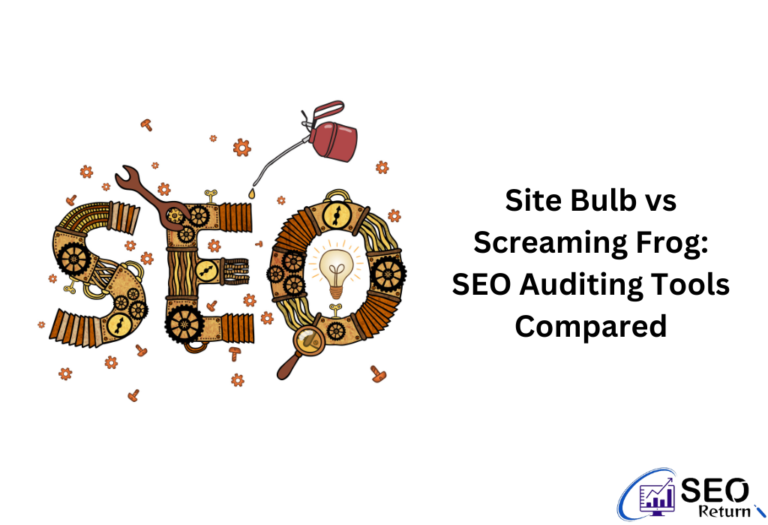Event marketing is an important part of any business’s marketing strategy. But to ensure your event is successful, you must have a good SEO guide for event marketing.
This guide will help you optimize your content and website to ensure that it is visible to the right people and reaches the right audience. It will also help you improve your search engine rankings so that more people can find and attend your event. With this SEO guide for event marketing, you can make sure that your event gets the attention it deserves!
Below are some strategies for maximizing your event’s exposure and attendance using search engine results pages (SERPs).
Make use of event schema

For events, this is the most important element of SEO.
It would help if you marked your pages with the necessary event schema to benefit from organic search results.
When tagging your events, Google provides guidelines on what markup you should use, when it is inappropriate, and what regions should be highlighted when using schema markup for events. The start date markup assists Google in organizing events so that it can provide the most relevant results for popular time-based queries, such as events today, tonight, tomorrow, this weekend, this week, and this month.
Mobile results event bundles provide these time-based options. Under your search results, you will see fields for your next upcoming event, the event’s name, and the location name. The schema will provide rich snippets to your organic search results. As a result of these rich snippets, searchers can directly access the event page from the organic results by clicking on them.
Make sure the schema you submit is error-free by using the Structured Data Testing Tool.
Creating great content and building links
The Google event experience offers both transactional and editorial pages. The event pack allows users to buy tickets or get more information.
For the events shown in this experience, Google searches the web to find the best source of information. Sometimes, the information provided here is from something other than the event creator’s website but from another well-known publication. If you are marketing, you should already generate PR or buzz for your event. You will appear in these search results more likely if you get more exposure from content creators.
Make Your Event Titles Keyword-Friendly
You have some suggestions about the causes of the event carousel and event pack. You know that Google searches for certain categories to recognize an occurrence. The best way to attract traffic to your event sites is to leverage your knowledge and optimize your event titles. To determine which candidate names will perform better in search, you should conduct keyword research on phrases that activate the event pack.
Dates and times should be given more consideration
Google cares about the timing of an event, so you must be explicit about when events occur in your schema to take advantage of timely searches.
Make use of ticketing marketplaces and websites
Consumers can buy tickets from only a few websites with Google’s new event feature. I assume Google selects the sites that will be allowed to sell tickets in this way based on a certification process for event ticket sellers.




